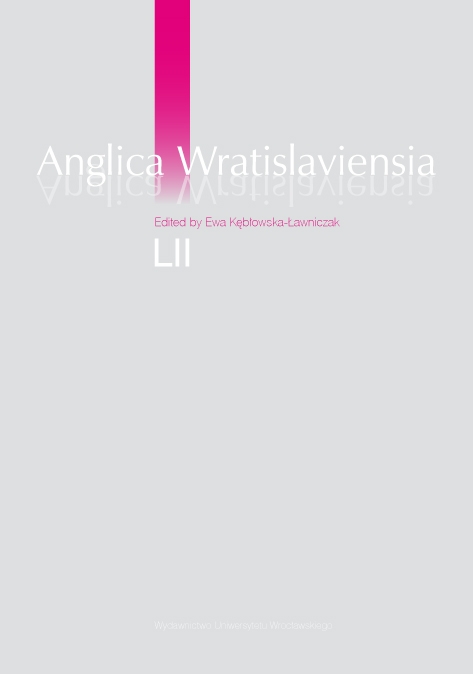

Literature and Culture

The article discusses selected dramas of Samuel Beckett in reference to George Berkeley’s notion of esse est percipi and Martin Buber’s idea of I-Thou relationship. The playwright was familiar with the Bishop’s philosophy and many of his characters express a wish to be seen or heard as this would objectify their existence. At the same time it may be argued that the need to have a companion be it someone or even something results from the necessity of having a meaningful relationship as described in Buber’s philosophy of the need of the other. There is no evidence that Beckett knew Buber’s works yet, taking into account the fact that both of them were interested in existential issues, it is not surprising that the philosopher’s views may be a useful tool in analyzing the Nobel prize winner’s output. One thing must be stressed here, namely the fact that whereas in the case of the two philosophers the ideas of esse est percipi and I-Thou relationship are used as a proof of God’s existence, in Beckett’s oeuvre God seems to be absent, this being an expression of the playwright’s attitude to religion.